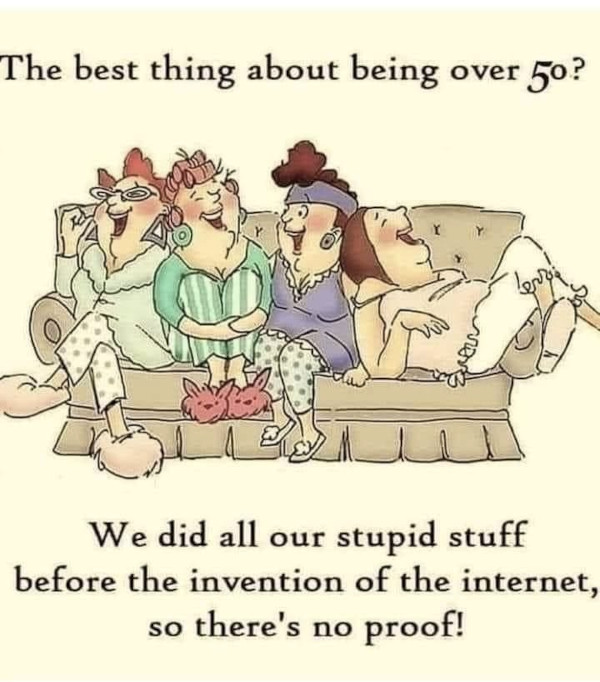[By Kevin Krejci, via Flickr (CC BY 2.0)]
Good morning,
Sometime between the day Elon Musk said he has bought over 9% in Twitter, and when Twitter agreed to sell itself to him, the maverick billionaire asked: “Delete the w in twitter?”
What’s in a name, one might ask. A lot. It can symbolise the difference between the old and the new. In The Revolt of the Public and the Crisis of Authority in the New Millennium, Martin Gurri writes, “We are caught between an old world which is decreasingly able to sustain us intellectually and spiritually, maybe even materially, and a new world that has not yet been born. Given the character of the forces of change, we may be stuck for decades in this ungainly posture.”
Gurri goes on: “Irreconcilable differences between old and new can be found in something as seemingly trivial as naming conventions. The industrial age insisted on portentous-sounding names of great seriousness and formality, to validate the organisations which spoke with the voice of authority: ‘Bank of America,’ ‘National Broadcasting Corporation,’ ‘New York Times.’ Each of these three names stood for a professional hierarchy which claimed a monopoly of specialised knowledge. They symbolised a starched-collar kind of mastery, and they meant to impress. Even the lowest-ranking person in these organisations, the names implied, had risen far above the masses.
“The digital age loves self-mocking names, which are a way to puncture the formal stiffness of the established order: ‘Yahoo,’ ‘Google,’ ‘Twitter,’ ‘reddit,’ ‘Flickr,’ ‘Photobucket,’ ‘Bitcoin.’ Without having asked the people in question, I feel reasonably sure that the founders of Google never contemplated naming their company ‘National Search Engine Corporation’ and Mark Zuckerman of Facebook never felt tempted by ‘Social Connections Center of America.’ It wasn’t the style.”
FF Exclusive: The flip side of going green
For his book Race for Tomorrow: Survival, Innovation and Profit on the Front Lines of the Climate Crisis Simon Mundy, who is the Moral Money Editor at the Financial Times, travelled to 26 countries to tell the intriguing stories of people, communities and innovators from around the world.
Some of the key insights he discovered during his reporting were captured during his conversation with Anirudha Dutta, author of Half a Billion Rising: The Emergence of the Indian Woman in a special learning session organised by Founding Fuel. Here are three examples that underscore why going green might not be so straightforward.
Engineered meat
An Israeli company, Aleph Farms, is working to use cattle cells to grow meat in the lab. It sounds unsettling, but can have a big impact on emissions, deforestation and potentially less animal cruelty, though the growth medium they use now comes from cow foetus.
Plant-based meat: Personally I’ll be surprised to see a massive increase in vegetarianism. But Patrick Brown of Impossible Foods says meat is fundamentally inefficient.
Electrical Vehicles
A single Tesla S battery has more cobalt than a thousand iphones. There’s a rush for cobalt and other rare earth metals.
Artisanal cobalt mines in Congo: Most of the world’s cobalt comes from Congo. The country is large and extremely poor. It was the focus of a big humanitarian campaign against the brutality the Belgians visited on the Congolese to produce rubber for the first generation of cars, for tyres. You now see a parallel with EVs.
Many children go down these mine shafts. And it happens with the complicity of big Western and Chinese companies.
Solar industry
Concerns have been raised about forced labour in Xinjiang, which is a source of materials for the global solar industry.
Dig deeper
An eye on Pakistan
There is much tension brewing across the border in Pakistan. Imran Khan was ousted as prime minister after a vote of no-confidence. The new prime minister is Shehbaz Sharif who leads a motley coalition of unlikely parties. What is happening in Pakistan now must concern all of us, writes Vivek Kelkar in Cosmopolitan Globalist because “Pakistan is not only armed but nuclear-armed—and as Americans learned to their sorrow in Afghanistan, what happens in Pakistan doesn’t stay in Pakistan.”
This unlikely coalition has the tacit support of the Pakistan Army led by General Qamar Javed Bajwa and there is much happening there that must be closely monitored by India in its own interests.
“Washington has been thinking carefully about its alliances in Asia following its precipitous withdrawal from Afghanistan. It needs stronger ties with India to counter China and wean India off Russian arms. It’s no longer bogged down in Afghanistan—and all too aware of the role Pakistan played in its humiliation there. All of this means it’s apt to be reconsidering its relationship with Pakistan.
“The generals are aware of this—and worried, particularly about the US stance on Kashmir.
“General Bajwa has issued a soothing statement, stressing the country’s ‘long and excellent strategic relationship with the US, which was also Pakistan’s ‘largest export market.’ He emphasised that Islamabad wished to broaden its relations with both China and the US without sacrificing either. His diplomatic tone made for a stark contrast with Khan’s allegations. This was the Army sending a not-so-subtle message that it calls the shots.”
Dig deeper
Going with the wind

(Via WhatsApp)
Found anything interesting and noteworthy? Send it to us and we will share it through this newsletter.
And if you missed previous editions of this newsletter, they’re all archived here.
Warm regards,
Team Founding Fuel

